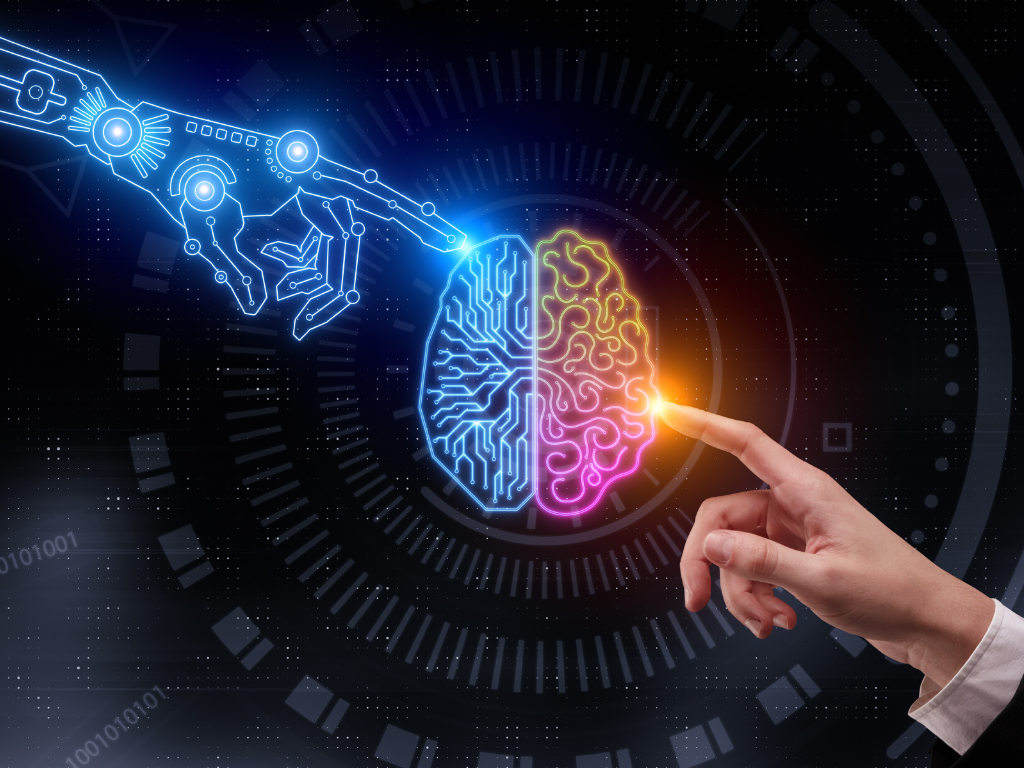Inteligencia artificial en la elaboración de material científico: nuevos retos para los docentes
Contenido principal del artículo
Resumen
El avance de la inteligencia artificial ha abierto nuevas posibilidades en diversos ámbitos, incluyendo la elaboración de material científico. Sin embargo, a pesar de los beneficios que puede brindar, también existen limitaciones como la necesidad de contar con grandes cantidades de datos verificables y de calidad para entrenar los modelos de construcción del discurso. La presente contribución se orientó a examinar la necesidad de la alfabetización informacional de los docentes para hacer frente a la elaboración de documentos científicos con inteligencia artificial. Se identificó que, aunque los modelos pueden generar textos coherentes, es necesario contar con la facultad humana de razonamiento y análisis crítico para asegurar la veracidad y la calidad del material científico creado. En consecuencia, los docentes deben dominar estas herramientas en sus dimensiones prácticas y éticas para poder llevar a cabo un proceso de enseñanza y aprendizaje de calidad. La alfabetización informacional se presenta como la perspectiva óptima para enfrentar esta problemática. Esto implica desarrollar habilidades y conocimientos relacionados con la búsqueda, evaluación y uso de información científica; así como la capacidad de discernir entre fuentes fiables y no fiables.
Detalles del artículo
Sección

Esta obra está bajo una licencia internacional Creative Commons Atribución-NoComercial 4.0.
Cómo citar
Referencias
Aksnes, D. W., Langfeldt, L., & Wouters, P. (2019). Citations, citation indicators, and research quality: An overview of basic concepts and theories. Sage Open, 9(1), 1-18. https://doi.org/10.1177/2158244019829575
Biswas, S. S. (2023). Role of Chat GPT in Public Health. Annals of Biomedical Engineering, 51(4), 868-869. https://doi.org/10.1007/s10439-023-03172-7
González-Esteban, E., & Calvo, P. (2022). Ethically governing artificial intelligence in the field of scientific research and innovation. Heliyon, 8(2), e08946. https://doi.org/10.1016/J.HELIYON.2022.E08946
Lund, B. D., & Wang, T. (2023). Chatting about ChatGPT: how may AI and GPT impact academia and libraries? Library Hi Tech News, 40(3), 26-29. https://doi.org/10.1108/LHTN-01-2023-0009
Malik, P., Pathania, M., & Rathaur, V. K. (2019). Overview of artificial intelligence in medicine. Journal of Family Medicine and Primary Care, 8(7), 2328-2331. https://doi.org/10.4103/jfmpc.jfmpc_440_19
Muraszkiewicz, M. (2019). The synergetic impact of AI, IoT, and 5G on information literacy and education. Zagadnienia Informacji Naukowej–Studia Informacyjne, 2(114), 7-22. https://www.ceeol.com/search/article-detail?id=873140
Ros-Arlanzón, P. y Pérez-Sempere, A. (2023). ChatGPT: una novedosa herramienta de escritura para artículos científicos, pero no un autor (por el momento). Revista de Neurología, 76(8), 263-277. http://dx.doi.org/10.33588/rn.7608.2023066
Sales, D., Cuevas-Cerveró, A., & Gómez-Hernández, J. A. (2020). Perspectives on the information and digital competence of Social Sciences students and faculty before and during lockdown due to Covid-19. Profesional de la Información, 29(4), 1-18. https://doi.org/10.3145/epi.2020.jul.23





